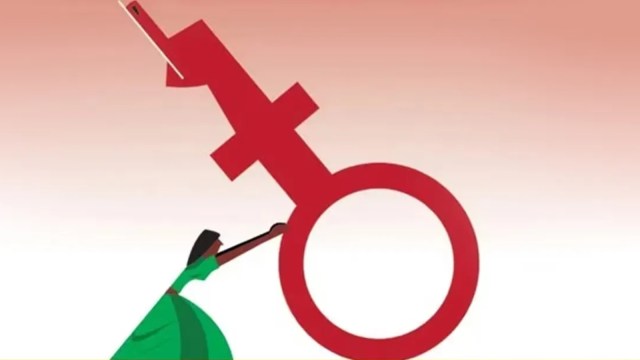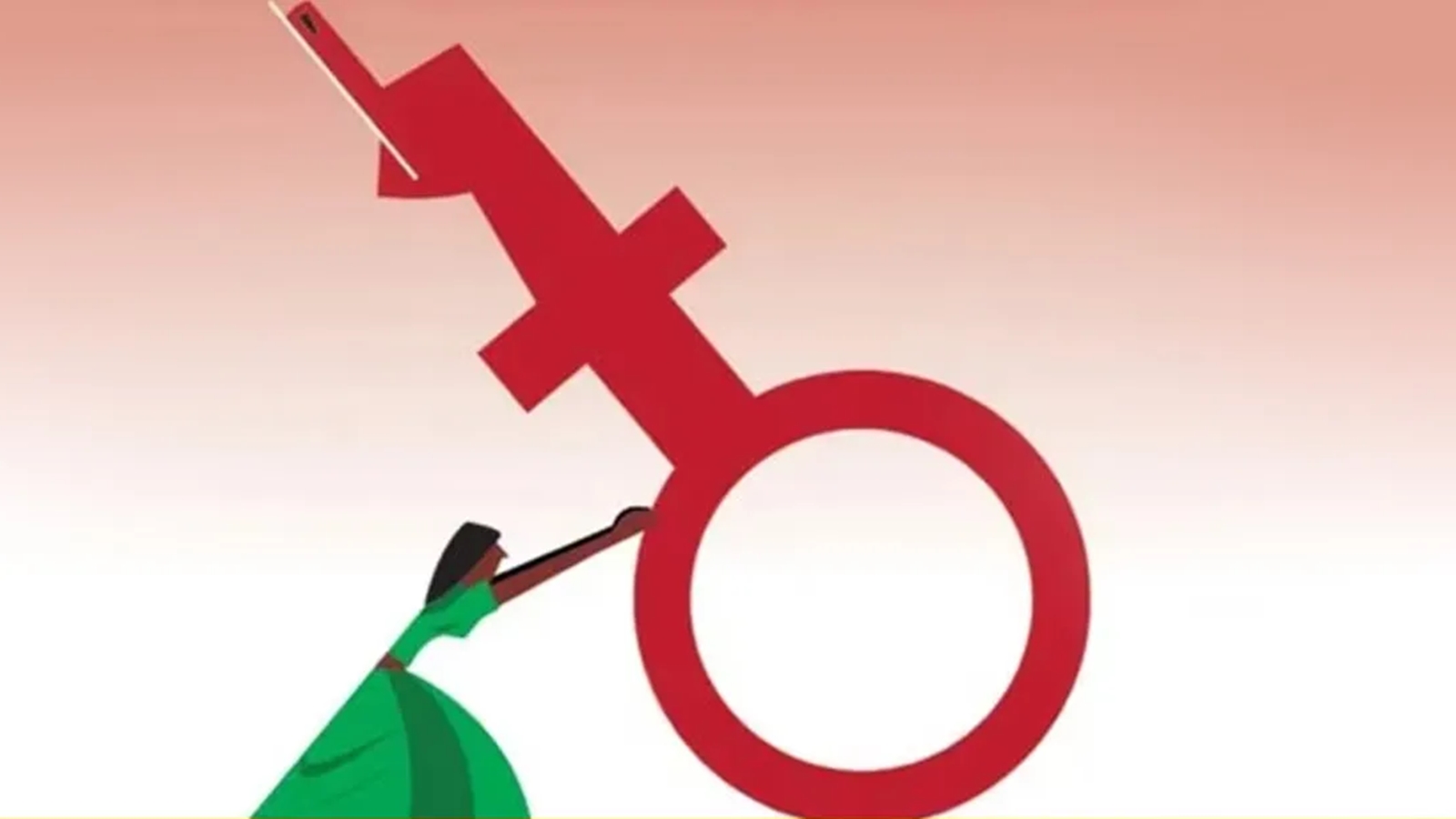
In elections across the globe, the spotlight has been trained on the question of women’s representation, and rightly so. How vibrant can a democracy be if half of its population does not find adequate representation in politics or in the corridors of power? Which is why, when Kamala Harris became the Democratic nominee for the US presidential election, it was welcomed by those who thought it was high time that a woman — especially a woman of colour — held its highest office. Her campaign and the possibility of her victory was seen as symbolising the maturity of American democracy and an acknowledgment of its diversity.
As it turned out, a large number of African Americans, especially young men, and White women voted en-masse for Donald Trump. There are many reasons for this, but one is that mere symbolic gestures are not enough to win voters’ support. India has seen this happen in recent elections in Madhya Pradesh, Karnataka, Telangana and Haryana. We are seeing the end of vote-bank politics and the emergence of value-based voting. In India, women across the political spectrum have marched beyond mere symbolism and metaphors. Women have become game changers, shaping electoral politics and defining electoral gains. They have transitioned from descriptive political representation to substantive political presence, and with women-centric policies, like Sukanya Samriddhi Yojana, Beti Bachao Beti Padhao and Jan Dhan Yojana, we have seen women becoming changemakers in policy formulation. The outcome of such politics promises a brighter tomorrow by making women more skilled, employable and empowered.
We, the women of Bharat, believe in celebrating the differences between men and women. This is also the land of Ardhanarishwar, a concept that gives equal status to men and women. As a modern nation, India was one of the first to ensure that women had equal voting rights. Women such as Uda Devi Pasi fought in the First War of Independence. They were also instrumental in the making of the Constitution, with leaders like Dakshayani Velayudhan actively shaping the founding document of the Republic. These women epitomised shakti, a mix of power, virtue and change, with potential to bring about structural and institutional changes in society.
The fundamental ethos of modern constitutional democracy depends on the participation and representation of women. India is the largest and one of the most resilient parliamentary democracies in the world. We need more women, not only to represent us and advocate for issues that affect us, but also to shape the direction of politics. Women’s participation in politics helps advance gender equality and affects both the range of policy issues that get considered and the types of solutions that are proposed. Policy priorities are impacted by the gender of the leader involved. The ability and opportunity to contest elections, to assume authority and make informed choices are as important as the right to vote. Women in power advocate for gender equality, and their involvement in politics helps to represent the unique interests of women in public policy that will close the gap between representation and participation and in decision-making roles.
The empowerment of women has become a key part of electoral promises — it’s the new buzzword in world politics. But if one truly dissects the term “empowerment”, it means the decentralisation of authority and power, with more room in electoral politics for marginalised sections. Empowerment means enabling women to participate and lead in the decision-making process, in order to alter gender dynamics in society — it is not merely about handing out freebies. The passing of the historic Nari Shakti Vandan Adhiniyam Bill last year, in a special session of Parliament, has shown the way. As more and more women come to power, they will ensure greater democratic engagement and change.
The writer is assistant professor of Sociology, Lakshmibai College, Delhi University



